Indigenous Governance Database
Leadership
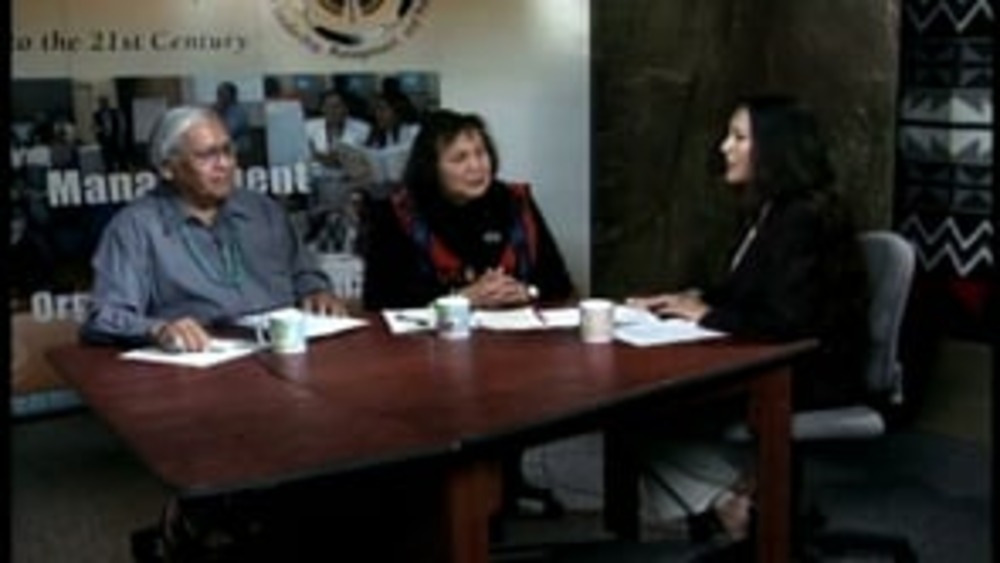
Native Nation Building TV: "Leadership and Strategic Thinking"
Guests Peterson Zah and Angela Russell tie together the themes discussed in the previous segments into a conversation about how Native nations and their leaders move themselves and their peoples towards nation building. They address the question all Native nations have: How do we get where we want…
Joan Timeche and Joseph P. Kalt: The Process of Constitutional Reform: Key Issues and Cases to Consider
Joan Timeche and Joseph P. Kalt share two stories of constitutional reform processes undertaken by Native nations and discuss what factors spurred or impeded the ultimate success of those efforts.
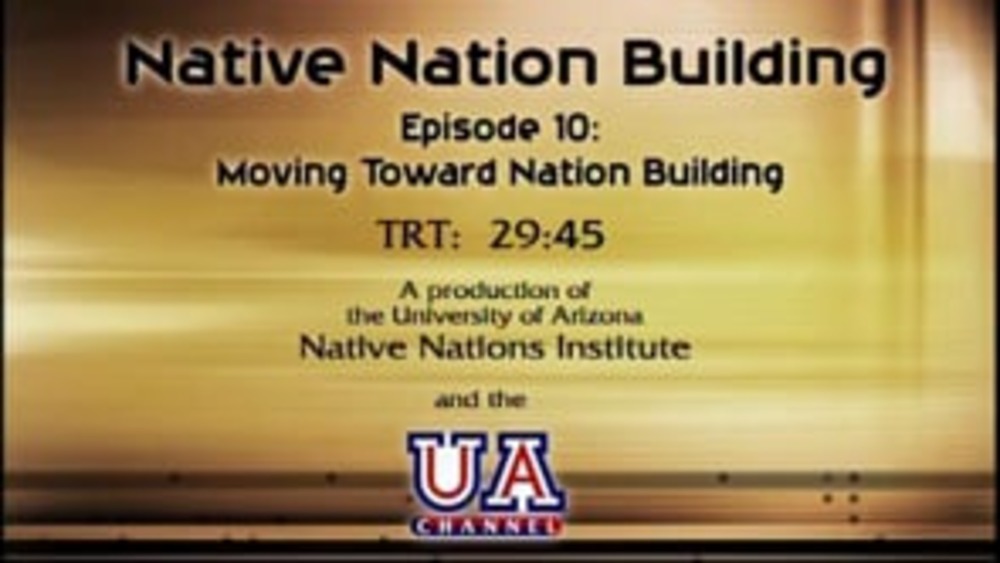
Native Nation Building TV: "Moving Towards Nation Building"
Manley A. Begay, Jr. and Stephen Cornell contrast the two basic approaches to Indigenous governance -- the standard approach and the nation-building approach -- and discusses how a growing number of Native nations are moving towards nation building. It provides specific examples of how implementing…
Honoring Nations: Michael Thomas: Sovereignty Today
Former Mashantucket Pequot Chairman Michael Thomas provides his definition of what tribal sovereignty means in the 21st century, and stresses the importance of Native nations examining and reconnecting with their traditional governance principles as they work to exercise sovereignty effectively.
Karen Diver: What I Wish I Knew Before I Took Office
Fond du Lac Band of Lake Superior Chippewa Chairwoman Karen Diver shares her Top-10 list of the things she wished she knew before she took office as chairwoman of her nation, stressing the need for leaders to create capable governance systems and build capable staffs so that they focus on…
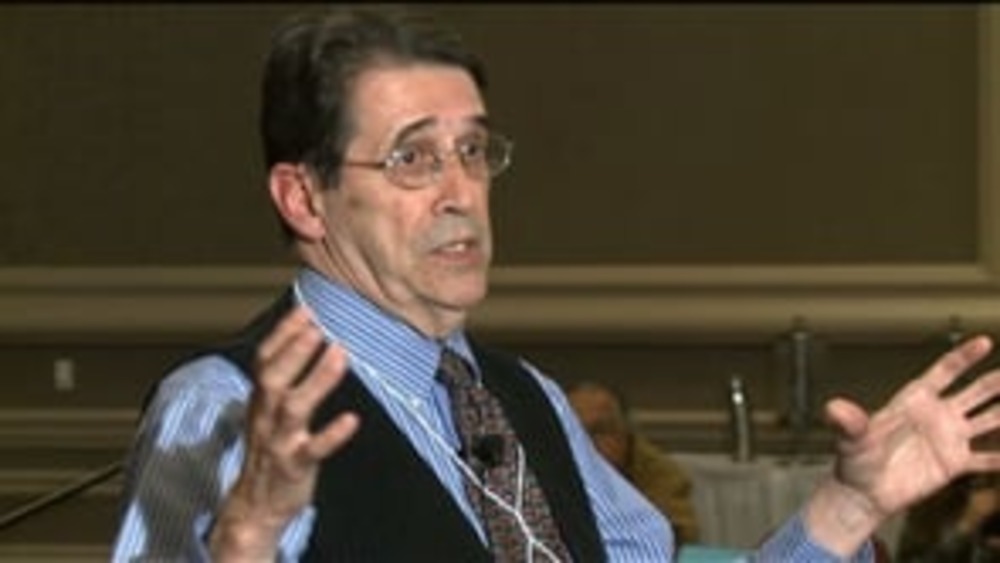
Frank Pommersheim: A Key Constitutional Issue: Dispute Resolution
University of South Dakota Professor of Law Frank Pommersheim discusses the key constitutional issue of dispute resolution and presents three cases demonstrating how tribes are endowing their constitutions with legitimacy through the careful, thoughtful resolution of disputes.
Taylor Keen: The Disenfranchisement of the Cherokee Freedmen: Assertion or Abuse of Sovereignty?
Taylor Keen (Cherokee), a former member of the Cherokee Nation Council, discusses the stand he took against his nation's recent decision to disenfranchise the Cherokee Freedman. He offers a convincing argument against the move, explaining that taking away the citizenship rights of the Freedmen…
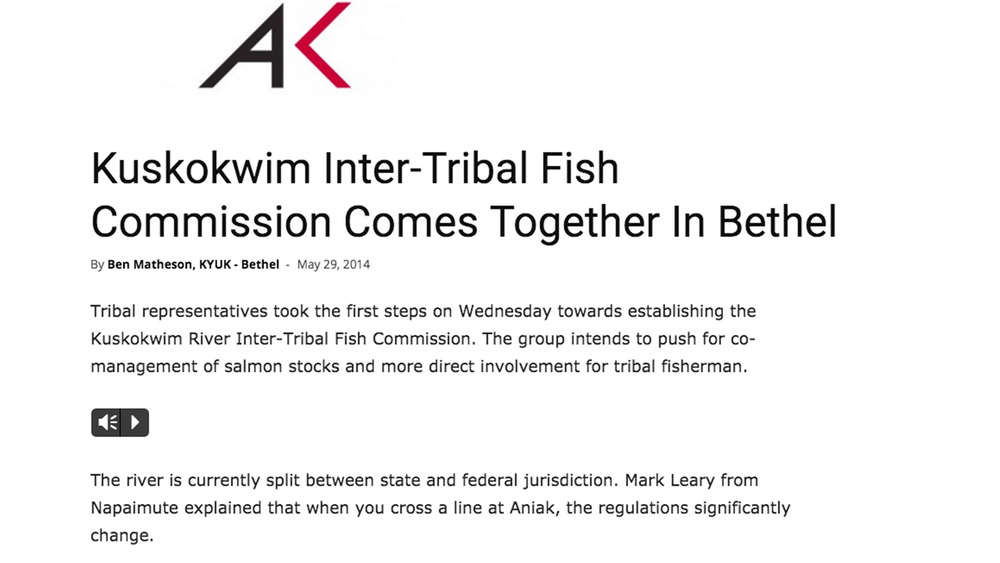
Kuskokwim Inter-Tribal Fish Commission Meets
Just a few weeks before the king salmon run begins in earnest, Kuskokwim tribal leaders came together in the first-ever meeting of Kuskokwim River Inter Tribal Fisheries Commission. The group is pushing to create a system in which tribes have a direct management role in the river’s salmon...
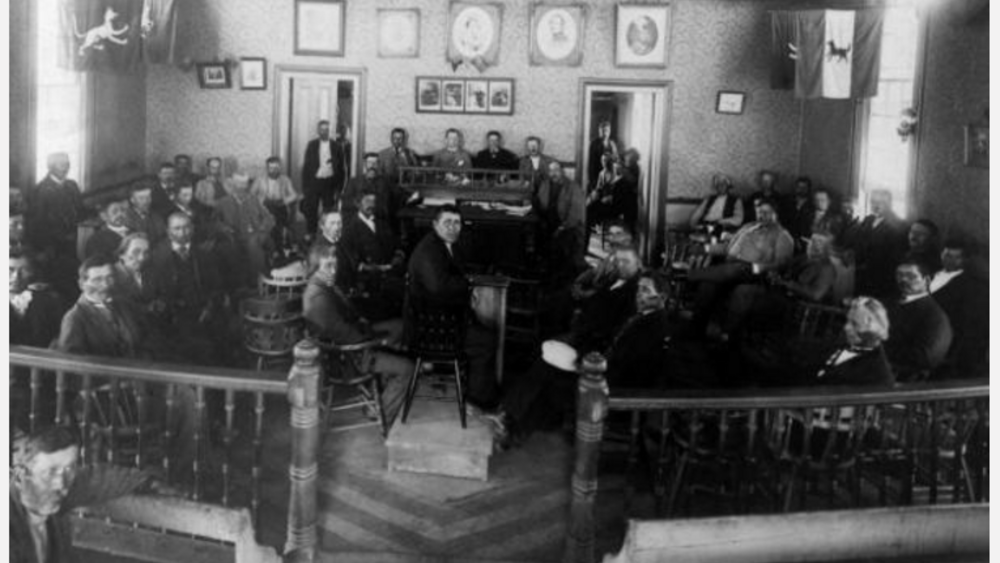
Political Autonomy and Sustainable Economy
A unique attribute of Indian political ways was noted early on by colonial observers. Indians, Indigenous Peoples more generally, were engaged in everyday political action as full participating community members. Every person had the right to be heard. Decisions were made through discussion and…
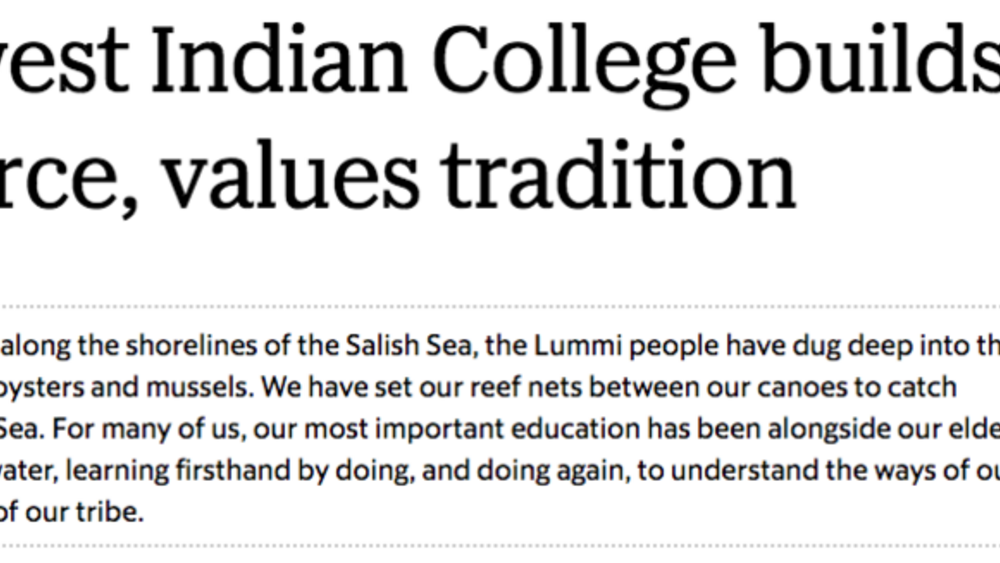
Northwest Indian College builds Lummi workforce, values tradition
For thousands of years, along the shorelines of the Salish Sea, the Lummi people have dug deep into the earth to harvest clams, oysters and mussels. We have set our reef nets between our canoes to catch salmon from the Salish Sea. For many of us, our most important education has been alongside our…
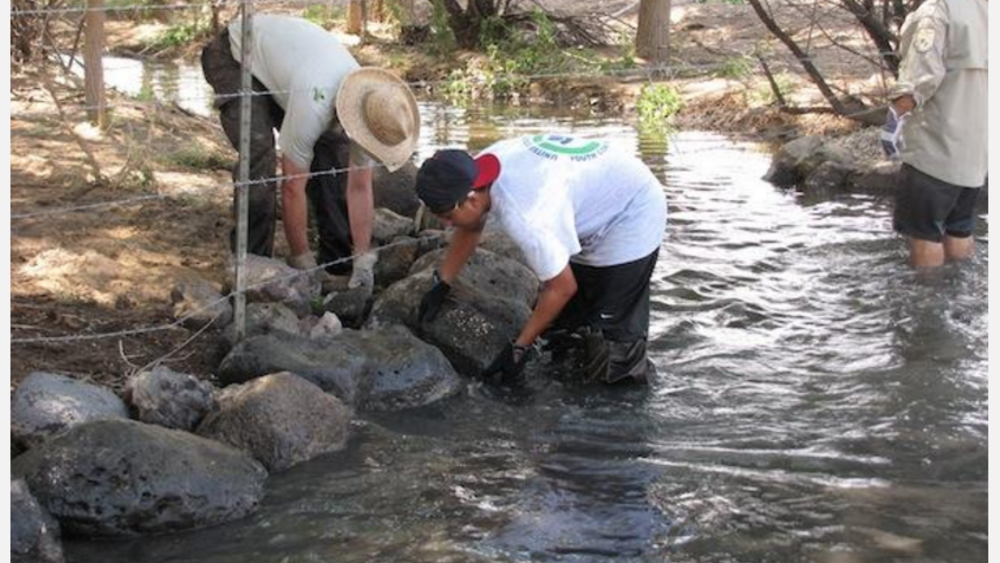
Indigenous Youth Help USFWS Restore Fish Passage on Cochiti Pueblo
Ask a group of teenagers their idea of fun and you might get answers like hanging out with friends, dodging opponents during a game of laser tag or playing their favorite video games. But for a group of Native American youth from several of New Mexico’s pueblos, fun meant working outside on a warm…

Meet The Woman Helping Native American Communities Get Ready For Climate Change
The effects of climate change are already being felt across America. In Alaska, rising sea levels and eroding coastlines have forced a dozen different communities to relocate. In the Southwest, the risk of forest fires is increasing, water supplies are dwindling and native animal species are coming…
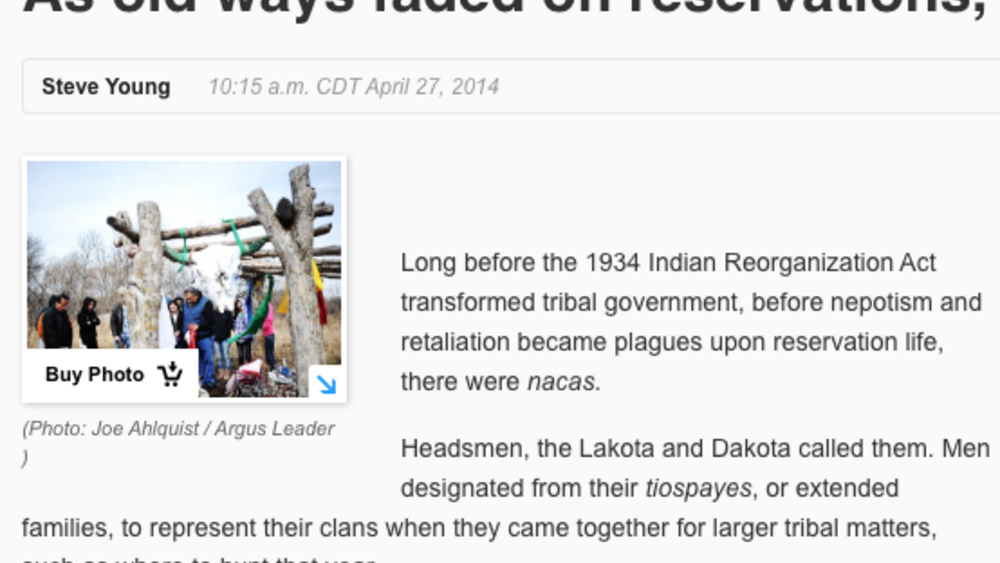
As old ways faded on reservations, tribal power shifted
Long before the 1934 Indian Reorganization Act transformed tribal government, before nepotism and retaliation became plagues upon reservation life, there were nacas. Headsmen, the Lakota and Dakota called them. Men designated from their tiospayes, or extended families, to represent their clans…
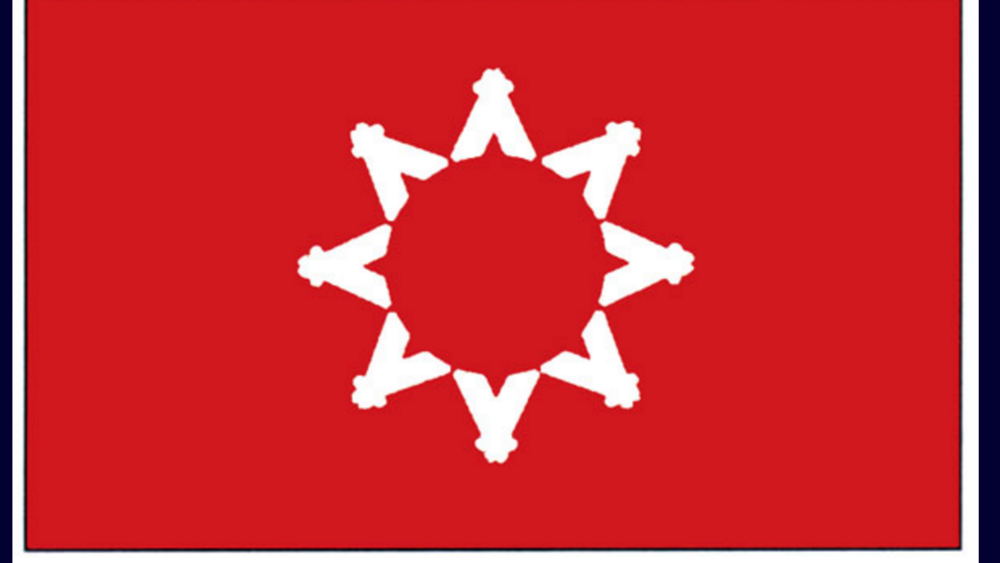
Teach youth about forms of government
Why aren’t the schools teaching about the IRA form of government? Why aren’t they teaching about the traditional tiospaye form of government? The disenchantment and what appears to be apathy or even seditiousness toward the Indian Reorganization Act system of government have become “normal” among…

Harvard Project Names Three Honoring Nations Leaders
Sharing outstanding programs in tribal self-governance and helping to expand the capacities of Tribal leaders through learning from each others’ successes is the mission of the Harvard Project on American Indian Economic Development’s Honoring Nations program. Recently the Honoring Nations program…
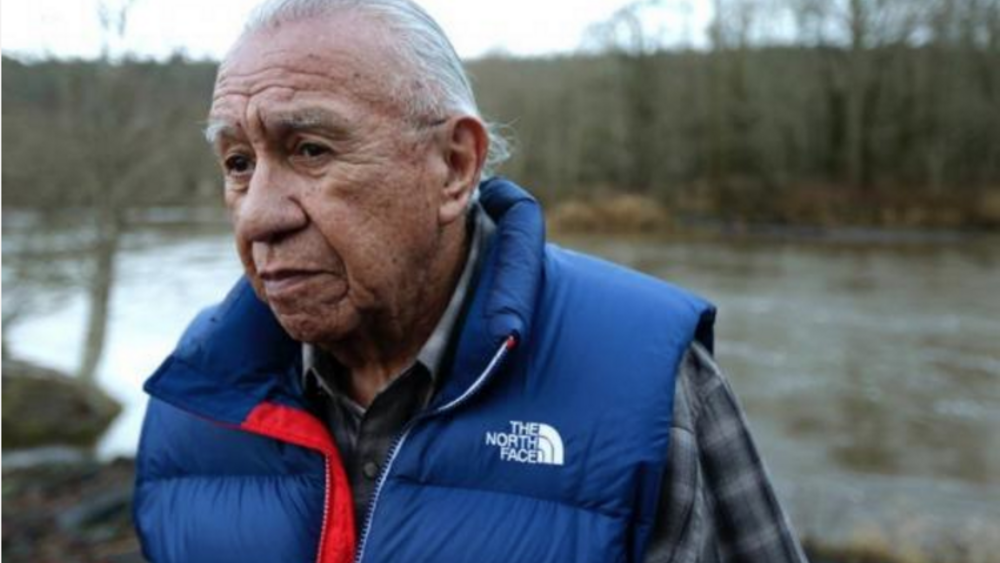
Billy Frank Jr.: A World Treasure (1931- 2014)
“I was the go-to-jail guy.” That’s how Billy Frank, Jr., (Nisqually) often described his role during the treaty fishing rights struggle in the Pacific Northwest of the 1960s and ‘70s. Beginning as a teenager of 14, he went to jail more than 50 times and was arrested more than three times that. His…
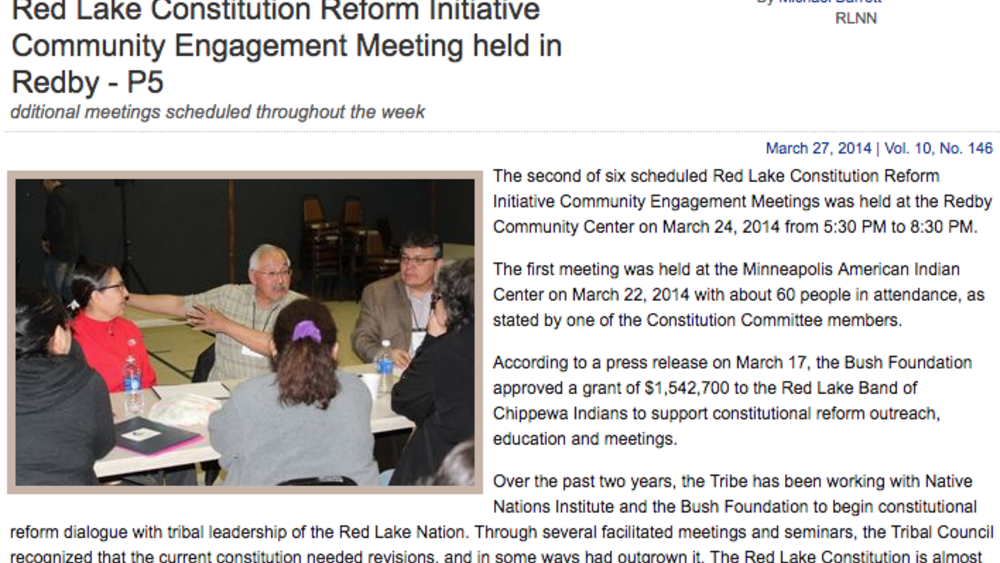
Red Lake Constitution Reform Initiative Community Engagement Meeting held in Redby
The second of six scheduled Red Lake Constitution Reform Initiative Community Engagement Meetings was held at the Redby Community Center on March 24, 2014 from 5:30 PM to 8:30 PM. The first meeting was held at the Minneapolis American Indian Center on March 22, 2014 with about 60 people in…
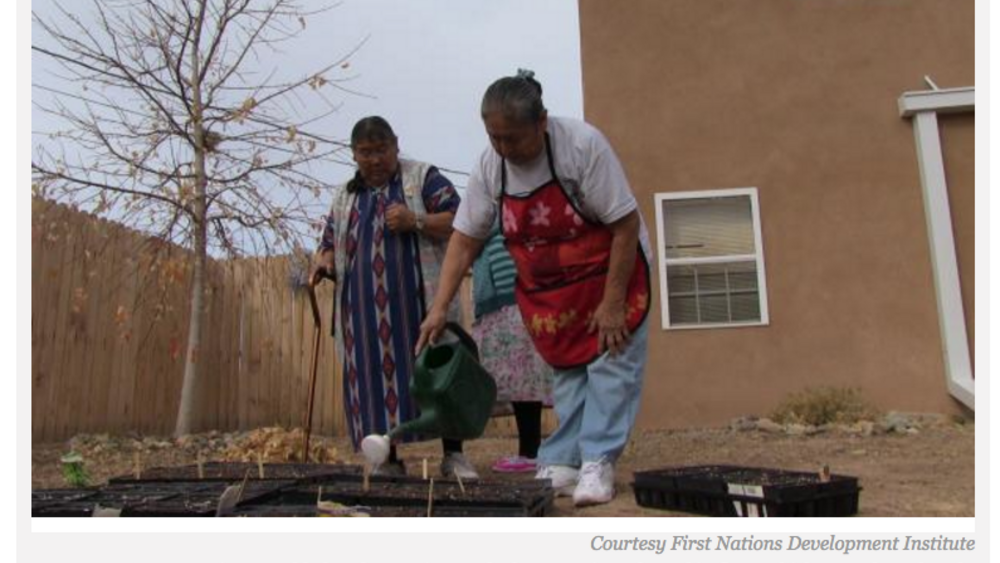
Winona LaDuke: Keep USDA Out of Our Kitchens
Native American author, educator, activist, mother and grandmother Winona LaDuke, Anishinaabekwe, is calling on tribes to relocalize food and energy production as a means of both reducing CO2 emissions and of asserting tribes' inherent right to live in accordance with their own precepts of the…
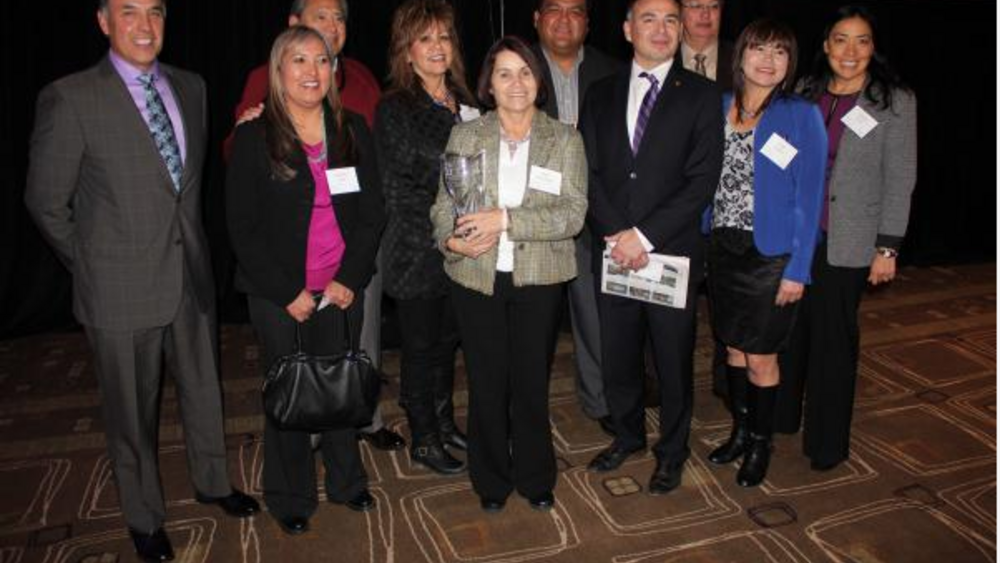
UW Names Colville Tribal Federal Corp. Minority Business of the Year
The tribal business for the Confederated Tribes of the Colville Reservation in North Central Washington–the Colville Tribal Federal Corp., or CTFC–recently won the 2013 William D. Bradford Minority Business of the Year Award. It’s the granddaddy of seven awards given annually by the University of…
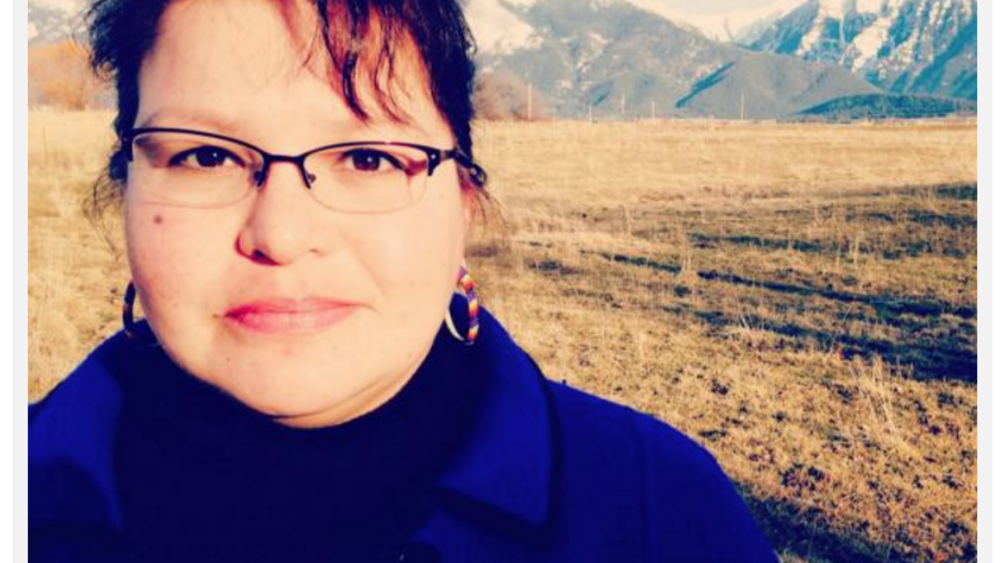
Living Her Dream: Eldena Bear Don't Walk Discusses Her Law Career
Eldena Bear Don’t Walk is living out her childhood dream. The youngster who imagined one day becoming a lawyer has done exactly that – and more. She has been an appellate judge for eight years, serving almost every tribe in Montana. At the St. Ignatius-based Bear Don’t Walk Law Office, she works as…
Pagination
- First page
- …
- 8
- 9
- 10
- …
- Last page
